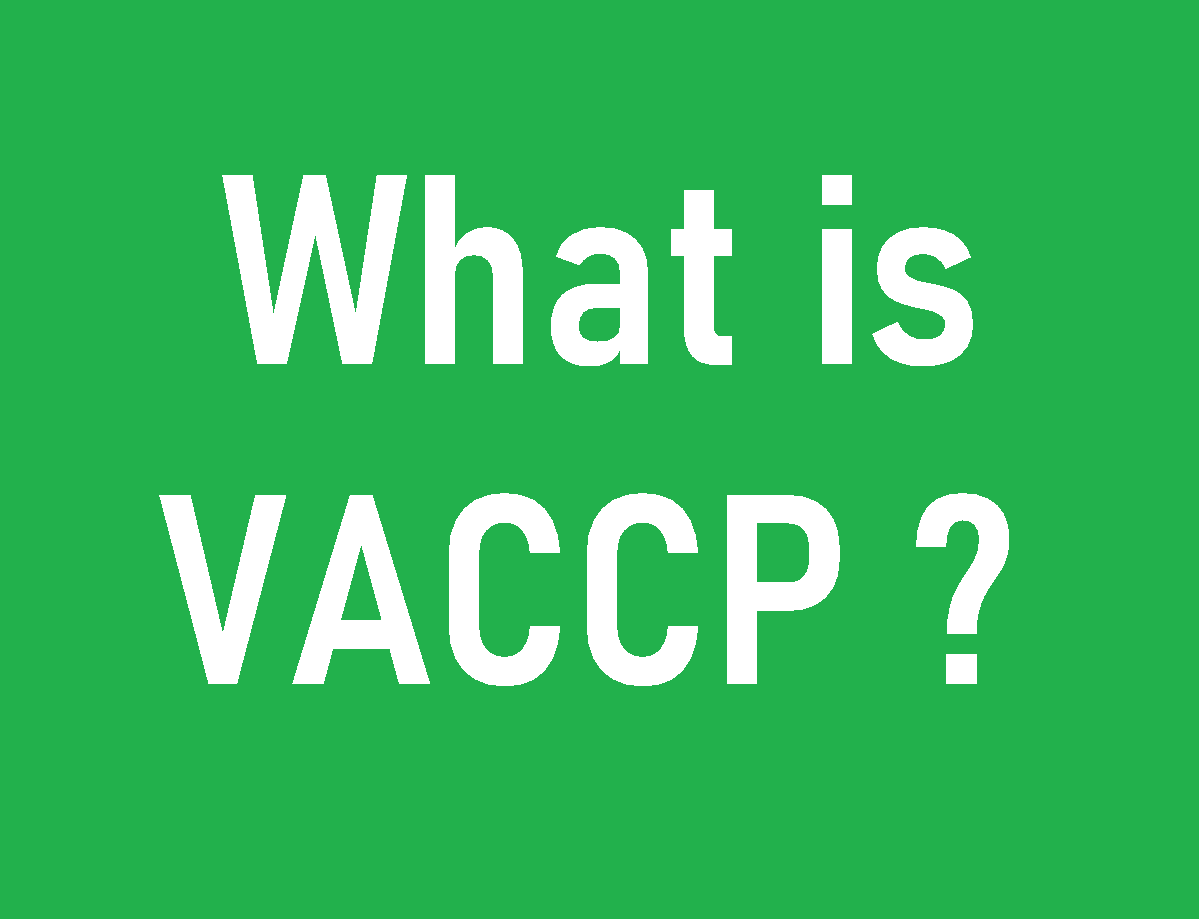
The safety of products is a very important issue for the food industry. Food safety management systems have also been developed by the industry as a result of years of effort, which has led to a significant reduction in food poisoning in most countries.
These systems apply the worldwide accepted HACCP rules. The Global Food Safety Initiative (GFSI) examines food safety management systems under three headings; food safety, food defense and food fraud (adulteration). Food safety measures against unintentional contamination and food poisoning, food and countermeasures and attacks against vulnerable foods. The situation threatens food safety, with the exception of deliberate and unintentional contamination hazards.
The VACCP system has been developed to protect vulnerable / vulnerable food from food fraud such as adulteration. While HACCP and TACCP concern food producing enterprises, the issues addressed by the VACCP system concern public control. The VACCP system uses similar principles to HACCP, but the focus is on how to identify and control hazards, how to identify and control vulnerabilities.
Food fraud (adulteration) is the deliberate substitution, addition, unapproved modification, misrepresentation, labeling of food contents, which may or may not affect the health of the consumer for the purpose of economic gain. For example, it is included in the VACCP system, such as the addition of cow’s milk to cheese, which we declare to be made from 100% goat’s milk, or the addition of sunflower oil, which is cheaper in olive oil. Although it does not pose a danger to human health, it is not appropriate for food safety to include cheap products for profit other than the declared content. risk of being exposed to food or food fraud. At this point, the implementation of the VACCP system minimizes hazards.
